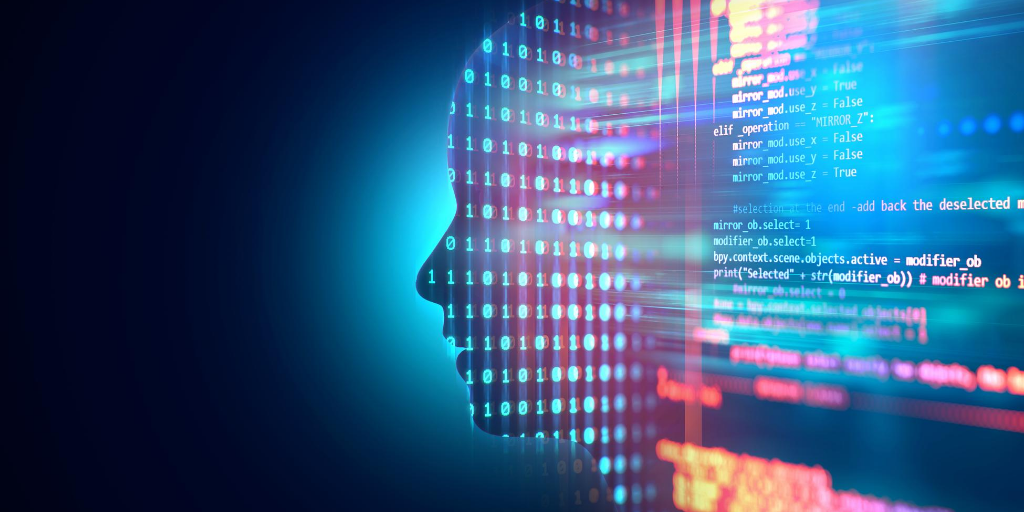New professions in the field of artificial intelligence (AI) are emerging in the labor market of the European Union, including Spain. However, experts warn that the use of AI will lead to the elimination of at least 300 million jobs worldwide in the coming years.
Different Spanish companies are already seeking professionals with expertise in artificial intelligence. Now these companies are looking for profiles with basic AI skills, as explained by Sheila Álvarez Ferreras, HRBP & IT Recruiter at the People Department of Asseco Spain Group, a multinational IT solutions company specializing in AI.
In an interview with ABC, she explains that companies are requesting data scientists, machine learning engineers, and professionals who can design and develop machine learning algorithms. Data scientists are needed because AI requires professionals capable of collecting, organizing, and analyzing large amounts of data to develop intelligent models and algorithms. Developers, on the other hand, are crucial because they enable AI systems to learn and improve over time.
Companies are creating roles such as AI software developers responsible for creating applications like chatbots, virtual assistants, and voice recognition systems, as well as robotics engineers, AI consultants, and user experience (UX) specialists, Álvarez noted. With the arrival of AI new professions could emerge, such as advanced AI ethics specialists, systems architects, trainers, AI cybersecurity specialists, augmented reality experience designers, and AI health specialists.
Similar trends are confirmed by a study conducted by the American bank Goldman Sachs. According to the study, approximately 300 million employees will be laid off in the next decade due to the implementation of AI. However, new jobs and professions are already being created that did not exist before.
Now the top 3 threats associated with AI are:
1.Job Displacement
The widespread adoption of AI and automation technologies has the potential to replace human workers in various industries. As AI systems become more advanced and capable of performing complex tasks, there is a concern that jobs traditionally performed by humans may be rendered obsolete, leading to significant job displacement and unemployment.
2.Ethical Concerns
AI raises ethical concerns regarding privacy, security, and accountability. The collection and analysis of vast amounts of personal data for AI systems can lead to potential breaches of privacy if not handled properly. Additionally, there are concerns about the ethical decision-making capabilities of AI systems, especially in critical areas such as autonomous vehicles, healthcare, and law enforcement, where AI algorithms may need to make life-or-death decisions.
3.Bias and Fairness
AI systems are only as good as the data they are trained on. If the training data contains biases or reflects existing societal inequalities, the AI systems can perpetuate and amplify those biases, leading to unfair outcomes. This can result in discrimination or unequal treatment across various domains, including hiring practices, loan approvals, and criminal justice.
It's important to note that these threats can be mitigated through responsible AI development, robust regulations, and continuous monitoring and evaluation of AI systems to ensure transparency, accountability, and fairness.
Different Spanish companies are already seeking professionals with expertise in artificial intelligence. Now these companies are looking for profiles with basic AI skills, as explained by Sheila Álvarez Ferreras, HRBP & IT Recruiter at the People Department of Asseco Spain Group, a multinational IT solutions company specializing in AI.
In an interview with ABC, she explains that companies are requesting data scientists, machine learning engineers, and professionals who can design and develop machine learning algorithms. Data scientists are needed because AI requires professionals capable of collecting, organizing, and analyzing large amounts of data to develop intelligent models and algorithms. Developers, on the other hand, are crucial because they enable AI systems to learn and improve over time.
Companies are creating roles such as AI software developers responsible for creating applications like chatbots, virtual assistants, and voice recognition systems, as well as robotics engineers, AI consultants, and user experience (UX) specialists, Álvarez noted. With the arrival of AI new professions could emerge, such as advanced AI ethics specialists, systems architects, trainers, AI cybersecurity specialists, augmented reality experience designers, and AI health specialists.
Similar trends are confirmed by a study conducted by the American bank Goldman Sachs. According to the study, approximately 300 million employees will be laid off in the next decade due to the implementation of AI. However, new jobs and professions are already being created that did not exist before.
Now the top 3 threats associated with AI are:
1.Job Displacement
The widespread adoption of AI and automation technologies has the potential to replace human workers in various industries. As AI systems become more advanced and capable of performing complex tasks, there is a concern that jobs traditionally performed by humans may be rendered obsolete, leading to significant job displacement and unemployment.
2.Ethical Concerns
AI raises ethical concerns regarding privacy, security, and accountability. The collection and analysis of vast amounts of personal data for AI systems can lead to potential breaches of privacy if not handled properly. Additionally, there are concerns about the ethical decision-making capabilities of AI systems, especially in critical areas such as autonomous vehicles, healthcare, and law enforcement, where AI algorithms may need to make life-or-death decisions.
3.Bias and Fairness
AI systems are only as good as the data they are trained on. If the training data contains biases or reflects existing societal inequalities, the AI systems can perpetuate and amplify those biases, leading to unfair outcomes. This can result in discrimination or unequal treatment across various domains, including hiring practices, loan approvals, and criminal justice.
It's important to note that these threats can be mitigated through responsible AI development, robust regulations, and continuous monitoring and evaluation of AI systems to ensure transparency, accountability, and fairness.
